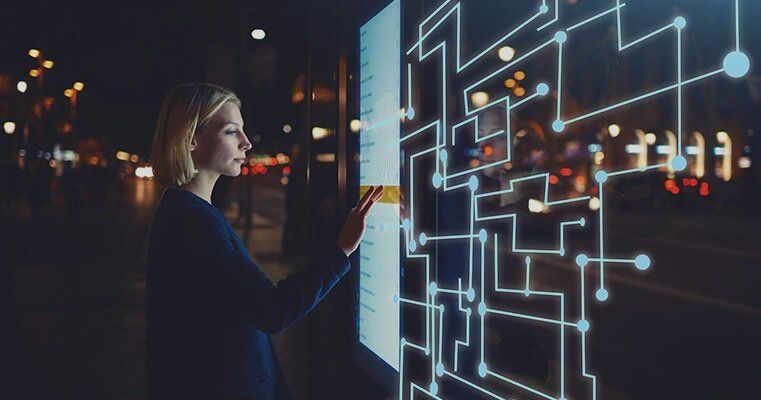Artificial intelligence applications and big data platforms continue to become more involved in our existing business processes and completely change them day by day. Digital transformation projects, investments, and company acquisitions in the field of analytics all over the world and in all sectors are progressing at a faster pace than all other technological developments. An average annual cumulative growth of 10.6% is predicted for investments to be made until 20211. It is expected to reach $81.4 billion in 2021, compared to around $50 billion today. When we look only at cognitive platforms, we see that the growth rate is 36.7% annually on average2. The real growth is expected in artificial intelligence services on the cloud (69.1%).
Artificial intelligence developments shape not only the software industry but also the hardware industry. In deep learning applications where central processor power is not sufficient, GPU-based solutions have begun to be produced with support from the graphics card. While real-time image processing could be done on a single camera with a single processor in the past, today real-time analysis of 10+ cameras can be done with a single graphics card. Along with improvements in algorithms, these developments enabled all video card manufacturers, especially nVidia, to create new product segments and new markets.
Analytical solutions, which have begun to be integrated into all applications, are expected to continue their development in certain room areas in the coming years. These focus areas are:
⦁ Image Processing (Deep Learning): Artificial intelligence studies and solutions continue to be produced on many subjects such as face recognition, emotional state analysis, object recognition, creation of a heat map and estimated route of a moving person, detection of famous people/places, and early detection of accidents. . Today, there are barriers such as KVKK, protection of personal data and objections of unions to image processing solutions that may become standard in all sectors from production to retail in the near future, just like an ERP system.
⦁ Smart Virtual Assistants (Chatbot): These smart assistants, which entered our lives as helpful chatbots on websites, are penetrating more and more points day by day. In the near future, we may be able to place our orders on the website through these smart assistants via voice command.
⦁ Robotic Process Automation (RPA): The next stage of transferring constantly repetitive, not very complex processes to RPA is the delivery of medium complexity processes to robots with artificial intelligence. By analyzing incoming e-mails and transferring them to relevant departments or individuals, and integrating technologies such as image processing and audio processing into RPA, the usage scenarios of RPA will also increase.
⦁ Speech Recognition: When combined with understanding words and sentences through speech, identifying the speaker, and natural language processing, this technology will be used in many application areas, from instant simultaneous translation systems to artificial intelligence-supported smart purchasing assistants. Another application area of processing sound files is that it enables predictive maintenance by processing machine sounds.
⦁ Text Processing and Natural Language Processing (Text Analysis & NLP): Although text processing poses different challenges, especially in a language with many homophones such as Turkish, with the addition of deep learning, the general meaning of the sentence is detected, allowing for high-accuracy analyzes and translations. These technologies, which are also used to improve services such as Google Translate and Bing Translate, are about to become among the standard tools of data scientists.
⦁ Cognitive Cyber Security: There are many solutions and SOC services provided by KoçSistem, with proven expertise in the field of cyber security for years. With the developments in artificial intelligence, it seems possible that these services and solutions can use smart algorithms to detect a real threat much faster, predict system vulnerabilities in advance, and automate complex processes during action.
